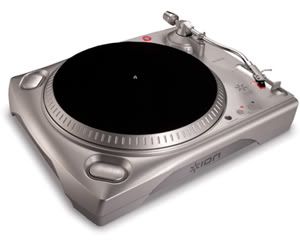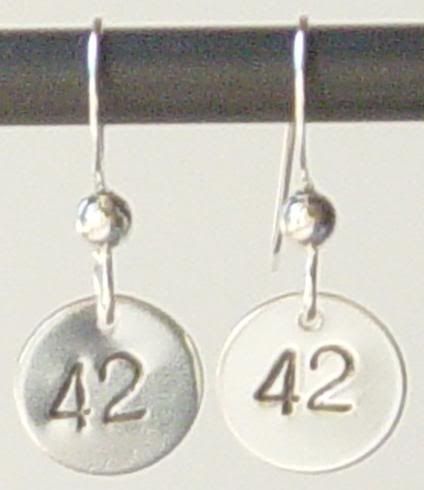What the hell is "pre-pregnant?" Is that a positive way of thinking about trying to get pregnant? According to the Washington Post and some new federal guidelines, it is a new way of seeing women ages ~10 to ~50. I was up in arms with the best of them (especially since it would classify me as pre-pregnant). I was ready to set my keyboard on fire with all my commentary. I wanted answers to these questions that came about after reading the Washington Post article: When did women becomes nothing more than baby machines? Who decided that we should spend our days anticipating the day we would be barefoot and pregnant? How is it that this actually made it all the way to a federal guideline?
Then I sat down at that keyboard and searched for the actual guidelines. I wanted all the information before I started verbally slamming the Office Shrubbery. I also located the press release for the guidelines. Once I had located the guidelines, I had to then read them and make heads or tails of all the stereo-instruction type of writing.
Let's compare:
Washington Post:New federal guidelines ask all females capable of conceiving a baby to treat themselves -- and to be treated by the health care system -- as pre-pregnant, regardless of whether they plan to get pregnant anytime soon. Among other things, this means all women between first menstrual period and menopause should take folic acid supplements, refrain from smoking, maintain a healthy weight and keep chronic conditions such as asthma and diabetes under control.
CDC Recommendations:Recommendation 1. Individual Responsibility Across the Lifespan. Each woman, man, and couple should be encouraged to have a reproductive life plan.The target population for preconception health promotion is women, from menarche to menopause, who are capable of having children, even if they do not intend to conceive. To reach such a broad group, a lifespan perspective is needed (3,17,20), which is commonly used in efforts to reduce chronic diseases, particularly cardiovascular disease. For example, persons are encouraged to consider the role of genetic and dietary factors in determining their risk for high cholesterol and to modify their behaviors according to cumulative individual risks (e.g., changes in diet, exercise, or medications) (155). Similarly, a lifespan approach can be used to focus individual attention on reproductive health to reduce unintended pregnancies, age-related infertility, fetal exposures to teratogens, and to improve women's health and pregnancy outcomes (20).
After reading all this and comparing this and other sections, I am left puzzled with the two possible conclusions I was able to determine from all this. - Women are potential incubators: "women, from menarche to menopause, who are capable of having children, even if they do not intend to conceive."
- Pregnancy is a disease: "a lifespan perspective is needed, which is commonly used in efforts to reduce chronic diseases."
It seems to me that neither conclusions were intended when the recommendations were written. Personally, I would like to see them re-written to be a little more positive about the rights of women, but I won't hold my breath.
Technorati tag: prepregnant |








 these
these

